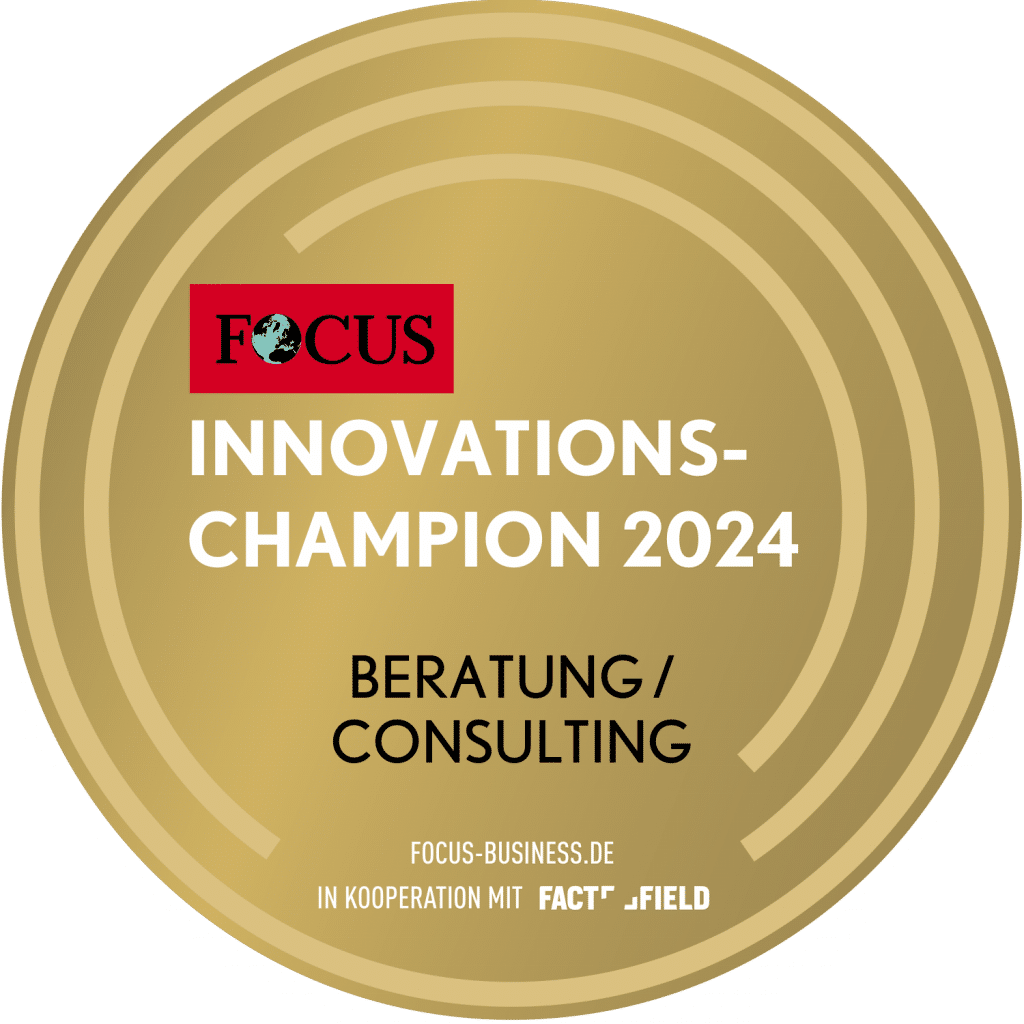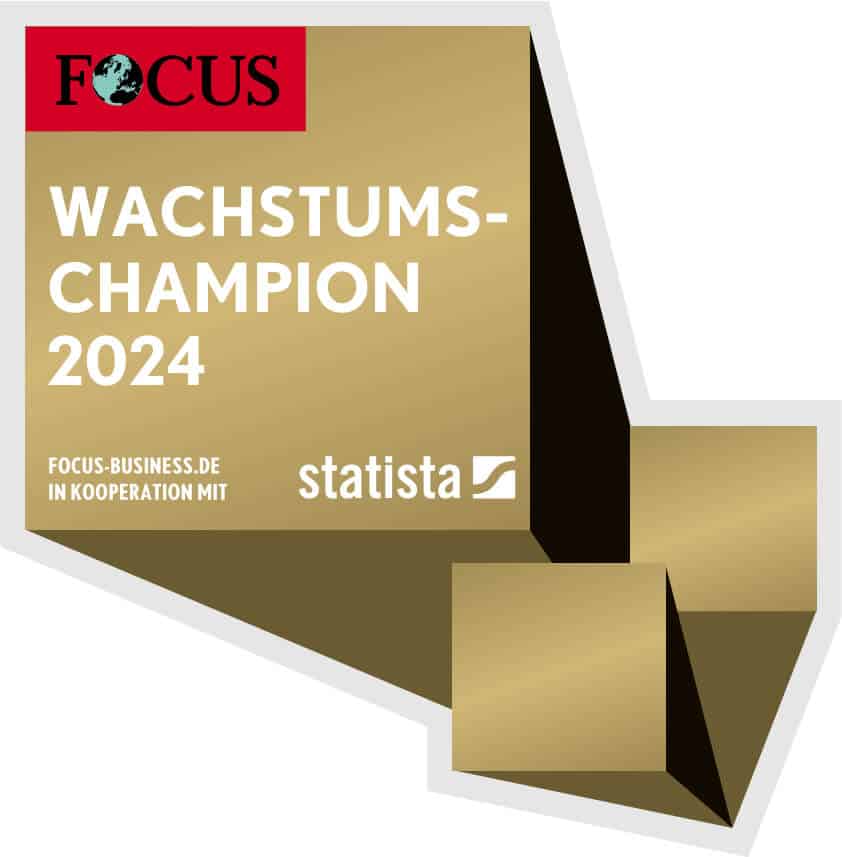What does constructive handling of emotions in a company look like - and why does it fail in so many companies? After in the first part of the interview with Dr. Martin Kupiek While the focus was on the central knowledge bases and tools, the following Part Two deals specifically with the organizational culture as a whole. In this respect, too, there are some structural aspects in companies that are all too often neglected.
Note from the TCI editorial team: Read also part one of the interview - A success factor of digital transformation that is blatantly neglected.
The organizational culture has a significant impact on how emotions are handled
Beate Greisel: Dr. Kupiek, let's take a closer look at the connection between corporate culture and emotions. What determines whether emotions are expressed - and how is it defined whether they are "allowed" to be expressed at all?
Dr. Martin Kupiek: The "rules" for cooperation within the organization and for dealing with external contacts are anchored in the corporate culture. Emotions are evaluated differently depending on the characteristics of the various cultures. In authoritarian or centralist cultures, feelings are rarely shown or discussed openly and are more likely to be suppressed and stigmatized as weak. In participative cultures, it is probably more possible to talk openly about emotions, but more on an individual basis than in group interactions.
The organizational culture signals to the members of the organization how emotions can be experienced, acted out and regulated in a socially acceptable way. A special "sticking effect" of culture connects people and a healthy organization, encourages and values the emotional expressiveness of its members and supports them, for example through training, in refining this ability.
BG: Are there emotions that are predominantly underestimated in their importance in the corporate context, while others are emphasized more strongly - if not excessively?
MK: Emotions play a major role in the platform economy, especially enthusiasm, impatience and convenience when it comes to ordering something online. The entire handling of the technology must be geared towards this in order to generate a successful experience for both sides. This is often underestimated, as the design of the software is far too much in the foreground.
Emotional claims by companies, on the other hand, are often overrated. "Passion for Talent", for example, is a claim where it remains completely unclear what it is supposed to mean - but the main thing is that a message is somehow emotionalized. In change projects, fears, worries or anxiety are often underestimated, as there is a lack of competence in dealing with teams.
What employees need and what managers should consider
BG: In this respect, what is crucial for a healthy corporate culture so that employees feel comfortable, supported and challenged?
MK: In a healthy corporate culture, employees are encouraged and valued so that the emotional expressiveness of its members can be promoted. This is supported, for example, by the aforementioned training to refine this ability. Setting an example by showing emotion also signals a positive contribution and reduces the fear of feelings.
BG: What other aspects come into play here if the company is facing a transformation or is in the midst of change?
MK: Digital transformations are very often carried out using agile methods such as the Scaled Agile Framework® (SAFe®) implemented. There are differences in implementation depending on the size of the company, including the General conditions. After all, there are not only the conducive framework conditions, such as openness, closeness and transparency. On the other hand, there can also be hindering framework conditions, such as distance in the relationships between members of the organization. When it comes to the self-organization of teams, managers naturally have a special role model function.
Orientation has priority - especially in phases of transformation
BG: To what extent can the Enterprise Transformation Cycle, or ETC for short, provide support in this respect?
MK: The Enterprise Transformation Cycle, or ETC for short, provides orientation, i.e. it always shows - regardless of which aspect is currently the top priority - which factors still need to be considered. Its non-linear character should also be emphasized. There is no phase one to five, which all have to be worked through sequentially, but rather a cycle of activities is initiated without losing the overview.
BG: Dear Dr. Kupiek, thank you very much for this interesting interview.
The interview with Dr. Martin Kupiek was conducted by Beate Greisel for the TCI editorial team.
"Mastering transformation projects with the Enterprise Transformation Cycle" - published August 2020
The Transformation Consulting International has been supporting national and international transformation projects in companies for many years. Based on this extensive wealth of experience in practical implementation, the second volume, entitled "The Enterprise Transformation Cycle", has been published after the first. "Mastering transformation projects with the Enterprise Transformation Cycle: successfully planning, implementing and completing projects" published by the renowned Springer-Verlag. As a continuation of the first volume, this one takes into account further wishes and suggestions from readers and presents concrete transformation projects and situations of action by TCI experts in their daily application of the ETC. This second volume was also edited by Mario A. Pfannstiel and Peter F.-J. Steinhoff and comprises a good 500 pages. In it you will find Numerous theoretical-conceptual contributions and case studies from practice on the "Enterprise Transformation Cycle".
[su_spacer]
(Cover image: © deagreez | Adobe Stock)


